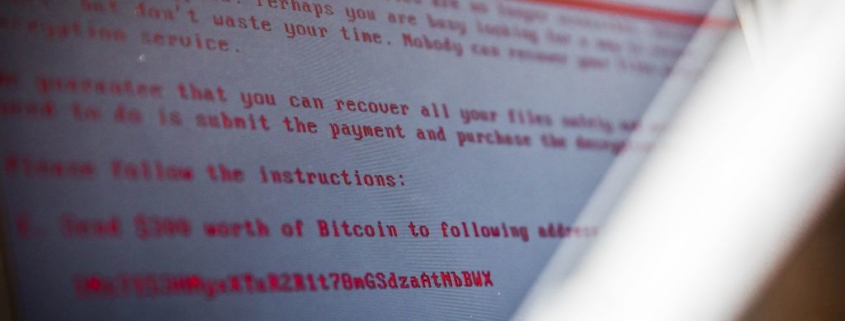Court delays mount 2 weeks into ransomware attack on Colorado public defender’s office – Greeley Tribune
The Office of the Colorado State Public Defender remains crippled by a ransomware attack two weeks after the malware first forced the statewide agency to disable its computer systems — and the shutdown is raising growing concern across the state court system as delays mount.
Most public defenders have regained access to their computers, court filings and “some client files” since the ransomware was discovered Feb. 9, but “more work is necessary to return to normal operations,” the agency said in a statement Friday.
Officials with the public defender’s office refused to say how much money was demanded in the ransomware attack, in which criminals blocked access to some of the agency’s files and demanded payment to restore that access.
They also have not said whether the office will pay the ransom, when the agency expects to once again be fully operational, what kind of information was breached, and whether the personal information of attorneys, witnesses or victims of crime was exposed.
Public defenders this week still could not effectively represent their clients in court in most cases, said 18th Judicial District Attorney John Kellner, who serves as the elected prosecutor in Arapahoe, Douglas, Elbert and Lincoln counties.
“It’s reminiscent of the COVID slowdowns a couple years ago,” he said. “We have public defenders asking for continuances or resetting trials on most matters.”
In the week after the attack, the statewide number of rescheduled hearings jumped by nearly 600 compared to the previous week, according to data provided by the Colorado Judicial Department. Hearings were rescheduled in about 3,300 cases across the state in the week before the attack, which increased to about 3,900 cases during the first full week that the public defender’s office was dealing with the ransomware — an 18% jump.
The longer the public defender’s office is non-operational, the more of a problem the repeated rescheduling becomes, said 16th Judicial District Chief Judge Mark MacDonnell.
“I don’t think we’ll be able to continue on this path for a long time,” he said. “It’s been two weeks and it’s getting to the point where if it’s not solved,…



